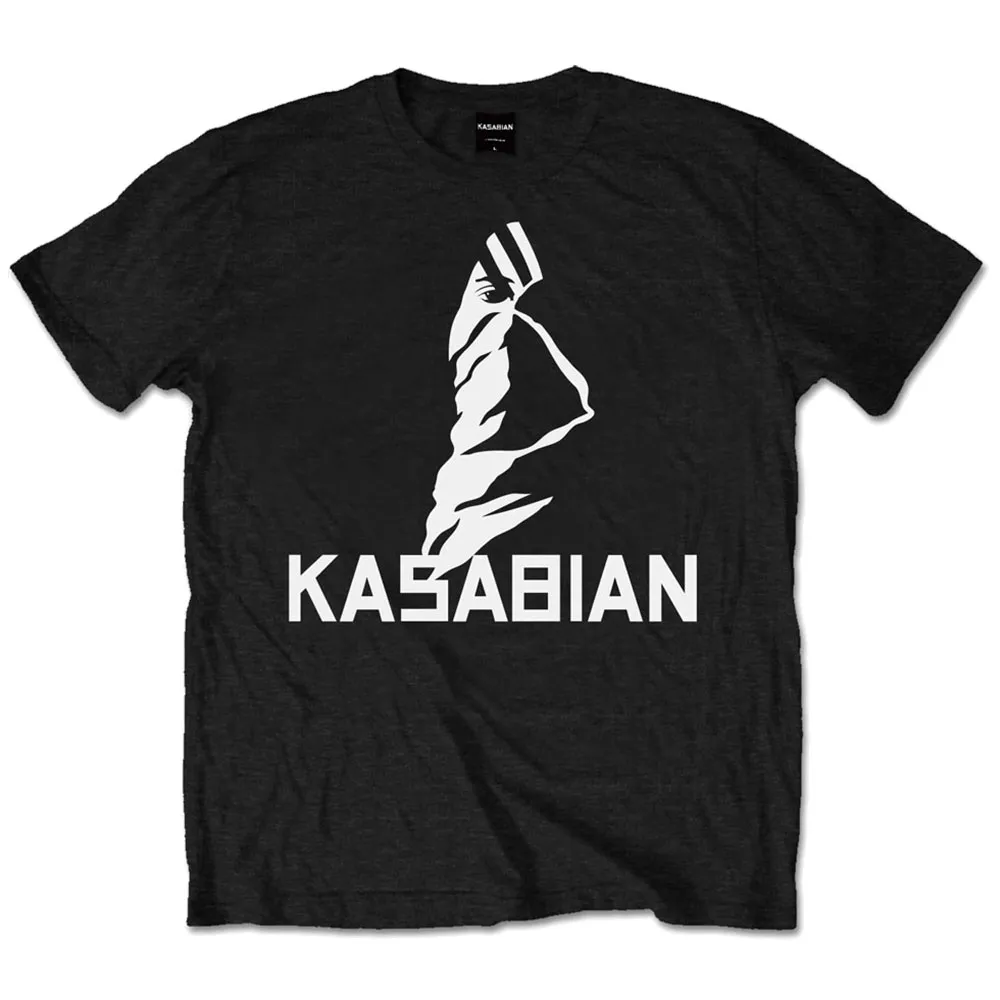
Cover Feature Sleater-Kinney: “How can you make something new if you think everything good has already happened?”
When Sleater-Kinney announced their reunion late last year, the internet went into meltdown: the band are back with a new album, and they’re as forthright as ever.
“I’m so self-conscious about birds!” exclaims Carrie Brownstein, suddenly. “There’s a dress I wanted to buy which had these little lovely birds on,” she qualifies, “and I was like, I just can’t. I ruined birds for my friends,” she sighs, with faux-regret, “and I’ve ruined birds for myself.”
Carrie Brownstein is notorious for many different outlets these days, from her parodies of pernickety feminist bookstore owners and chaffinch-adorned designer goods on US sketch show Portlandia, to the now-disbanded Wild Flag. When she walks down the street these days, she most likely hears “put a bird on it!” almost as frequently as shouts of “Sleater-Kinney!” Her bandmate Corin Tucker, too, wields a fearsome stand-alone reputation; her tuned-down guitar and vocal barrage of wild, unleashed vibrato unlike anything else on planet Earth, let alone the universe. Drummer Janet Weiss meanwhile has forged a path as an untouchably immediate musician and a force of pure, pummelling nature; both on Sleater-Kinney records, and with her other bands, Quasi and Wild Flag.
Today Corin Tucker snorts with derision when asked about that time Sleater-Kinney were proclaimed “America’s best rock band” by critic Greil Marcus. “Now we just want to be the greatest jazz band in America,” she laughs; “something to work towards on the next record,” archly quips Carrie in response. Likewise, Carrie is modest about the contribution to political dialogue that Sleater-Kinney made with albums like 2002’s ‘One Beat’, a record that arrived under the Bush administration and amid the grieving aftermath of 9/11. They’re more forthcoming about their ideological core feminism and social change; less so about their status as uncompromising flag bearers for the movement. Sleater-Kinney generally couldn’t give two hoots about being cornerstones of music past, or being remembered from eras long replaced by high street stores selling overpriced Beavis and Butthead t-shirts. They are a band that only exists in the present, and there is one word that Carrie Brownstein and Corin Tucker return to time and time again today. Relevancy.


As featured in the February 2015 issue of DIY, out now.
Read More

End of the Road unveils 2024 lineup
IDLES, Slowdive, Fever Ray and Bonnie 'Prince' Billy are set to headline the end of summer weekender.
7th February 2024, 11:15am

Gossip, Phoenix, Sleater-Kinney and more to play All Points East 2024
They're part of the just-announced full lineup joining The Postal Service and Death Cab For Cutie in August.
31st January 2024, 2:30pm

Sleater-Kinney - Little Rope
4-5 Stars
About as straight-up and purified an experience as any Sleater-Kinney observer-slash-enthusiast could ever hope to have in 2023.
17th January 2024, 8:00am

Sleater-Kinney preview new album with ‘Untidy Creature’
The latest track to come from the duo's new album comes accompanied by a (literally) breathtaking new video.
4th January 2024, 4:31pm





